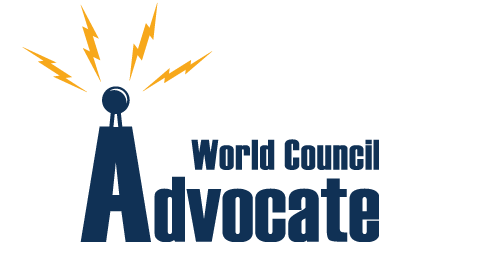FSB Publishes Letter to G20 on 2023 Work Priorities
2023-02-20On February 20, 2023, in advance of the G20 meeting on February 24-25, the Financial Stability Board (FSB) released its letter from Chair, Klaas Knot to the G20 Finance Ministers and Central Bank Governors outlining its 2023 work including its objective “to monitor and address these vulnerabilities”. The letter also includes three reports covering non-bank financial intermediation (NBFI), crypto-assets and decentralized finance, and cross border payments. The FSB believes caution should be exercised when evaluating the current global economy due to “record-high” debt levels, “rising debt service costs and stretched asset valuations in some key markets". Further, the FSB plans to enhance cyber and operational resilience and will provide a revised report on cyber incident reporting. They will also work on enhancing disclosures, data and climate-related vulnerability analysis to address climate-related financial risks.
The key elements of the FSB's reports include:
- Non-bank financial intermediation: The Financial Stability Aspects of Commodity Markets report concentrates on vulnerabilities within the non-bank sector, specifically in the physical and derivatives commodities markets.
- Crypto-assets and decentralized finance: The report on The Financial Stability Risks of Decentralised Finance (DeFi) highlights vulnerabilities in DeFi systems and refers to policy recommendations to address the risks associated with DeFi, as well as data gaps for risk monitoring.
- Cross-border payments: The FSB will publish a report regarding the implementation of the G20 Roadmap to enhance cross-border payments. Two task forces will be formed “to strengthen private sector participation in taking the Roadmap forward.”
More information on the FSB’s work plans for 2023 are available here.

